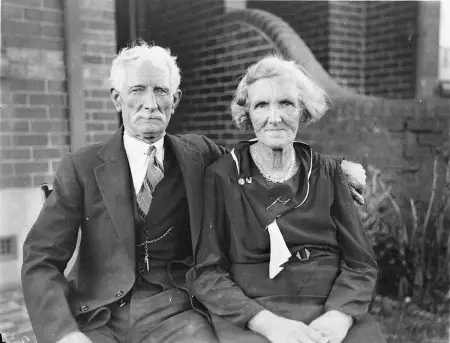Ever since humans developed the ability to think abstractly, they have meditated on the meanings of love and infatuation. The two emotions have been intertwined and confused. Scholars and laypersons alike still debate what they really mean. Despite these disagreements, there is some consensus on what love and infatuation involve. This article will attempt to distinguish between the two.
Summary Table
| Love | Infatuation |
| Develops over time | Happens suddenly |
| Lasts a long time; more or less permanent | Can end quickly; fleeting and temporary |
| Accepts both positive and negative traits | Sees the other party as perfect and flawless |
| Both parties assert their individuality | Infatuated person is passive and overwhelmed |
| Contributes to personal growth | Can consume a person, but could also be the start of love |
Definitions

Love forms the cornerstone of many philosophies, faiths, and ideologies. In the context of a romantic relationship, love might correspond to the Greek word eros. The definition of romantic love has changed through the ages. The Greek philosopher Plato described it as recognizing the beauty within a person. Sigmund Freud described it as the life-force itself, the urge to create life.
Whatever love is, many reasonable people agree that a person might start feeling love for another gradually, yet this emotion can last a very long time. While love is a very powerful emotion, it respects the places of both individuals within a relationship. This involves accepting the loved one’s positive traits and flaws. At the same time, both partners consciously make an effort to contribute to each other’s personal growth.

Infatuation is often described as the feeling of being caught up in passion for a certain person. This passion could spring from physical attraction to the perceived desirable traits. Infatuation could also involve admiration of a certain popular figure from afar.
Infatuation almost always starts suddenly, without warning, and ends just as quickly. A person with a crush on someone usually sees the other person as perfect and flawless and ignores all signs that say otherwise. One spiritual teacher claims that an infatuated person is, in fact, a passive victim of his/her attraction. Infatuation tends to emotionally drain those who feel it. Despite these negative traits, an infatuation can actually lead to love, especially if both parties agree to invest time and effort in the relationship.
Love vs Infatuation
How are love and infatuation different? We have already defined what both emotions involve; now it’s time to tell them apart. Generally, love and infatuation differ in terms of triggers, duration, perception of the other party, self-perception, and impact on either party.
Triggers
Love often develops over time, and there are many documented instances of people who love someone to which they might not feel any physical attraction. In contrast, infatuation often happens quickly and is almost always based on physical attraction or other traits.
Duration
Love lasts a long time. In many cases, this emotion could even surpass the lifetime of one of the partners. Infatuations, on the other hand, end as quickly as they start; they are fleeting and temporary.
Perception of the Other Party
A healthy loving relationship recognizes and accepts both the positive and negative traits of the loved one. Infatuation, in its barest form, consists of an idealized positive perception of the crush.
Self-perception
A loving person also claims an active role in the relationship and asserts him/herself as a separate individual. An infatuated person, in contrast, often displays passivity and lets him/herself become overwhelmed with attraction.
Impact
Love has the potential to change a person for the better and contributes to his/her personal growth. An infatuation could eventually burn out a person or consume him/her completely. However, an infatuation could eventually lead to a loving relationship, especially once both parties agree to work through any issues they may encounter.
Video
Watch the video below to learn more about love and infatuation from a relationship expert.




